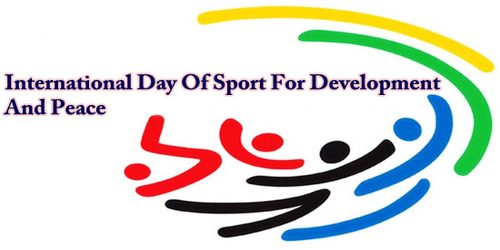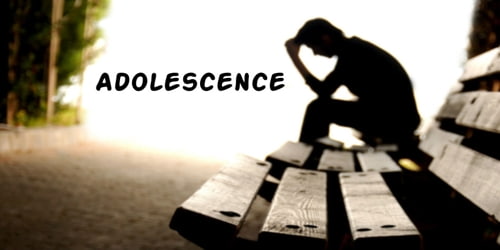The International Day of Sport for Development and Peace (IDSDP) is an annual celebration of the power of sport to drive social change, community development and to foster peace and understanding. On 23rd August 2013, the UN General Assembly made the decision to proclaim 6th April 2014 as the International Day of Sport for Development and Peace. UNESCO is the United Nations’ lead agency for Physical Education and Sport (PES). UNESCO believes that sport is a powerful vehicle for social inclusion, gender equality, and youth empowerment, with benefits that are felt far beyond the stadiums. Indeed, the values acquired in and through sport such as fair play and a team spirit are invaluable to the whole of society. Sport and physical activity are essential to stay fit and healthy, especially in this time of uncertainty and social distancing. Physical activity improves mental health, helps beat negative thoughts, lowers stress and depression, and strengthens the immune system. On 23 August 2013, the United Nations General Assembly in Resolution 67/296 decides to proclaim on 6th April as the “International Day of the Sport for the Development and the Peace”. The UN, with this commemoration, “invites States, the United Nations system and in particular the United Nations Office on Sport for Development and Peace, relevant international organizations, and international, regional and national sports organizations, civil society, including non-governmental organizations and the private sector, and all other relevant stakeholders to cooperate, observe and raise awareness of the International Day of Sport for Development and Peace”.
The COVID-19 pandemic is spreading to more countries, territories, and regions of the world at an alarming rate and physical and social distancing practices are becoming commonplace to stop the spread of the disease. The closure of gyms, sports facilities and stadiums, public pools, dance studios, and playgrounds means that many of us are not able to actively participate in individual or group sporting or physical activities, nor watch live sporting events. As a result, the global sporting community is facing serious challenges due to measures imposed in countless countries around the world. But that does not mean we should stop being physically active, nor should we disconnect from the coaches, teammates, instructors, and fellow fans who not only help us to stay physically fit but also socially active. The World Health Organization (WHO) recommends 150 minutes of moderate-intensity or 75 minutes of vigorous-intensity physical activity per week, or a combination of both. WHO also has some tips on how to achieve this with no equipment and with limited space. There is an abundance of free and accessible online and digital tools targeted at encouraging people of all ages and abilities to stay active and mobile while remaining at home.
Sport has the power to change the world; it is a fundamental right, a powerful tool to strengthen social ties and promote sustainable development and peace and well as solidarity, and respect. Through our unique individual skills and collective power, we can come together and share creative ways to improve our health and well-being through sport and physical activity – even from the confines of our own homes. Olympic athletes around the world have already shared some creative ideas and tips on how to stay fit and healthy on the IOC social media channels. Everyone is encouraged to follow their example by staying active and posting their home training on their social media channels using the hashtags #BeActive, #StayStrong, #StayHealthy, and #StayActive.
















